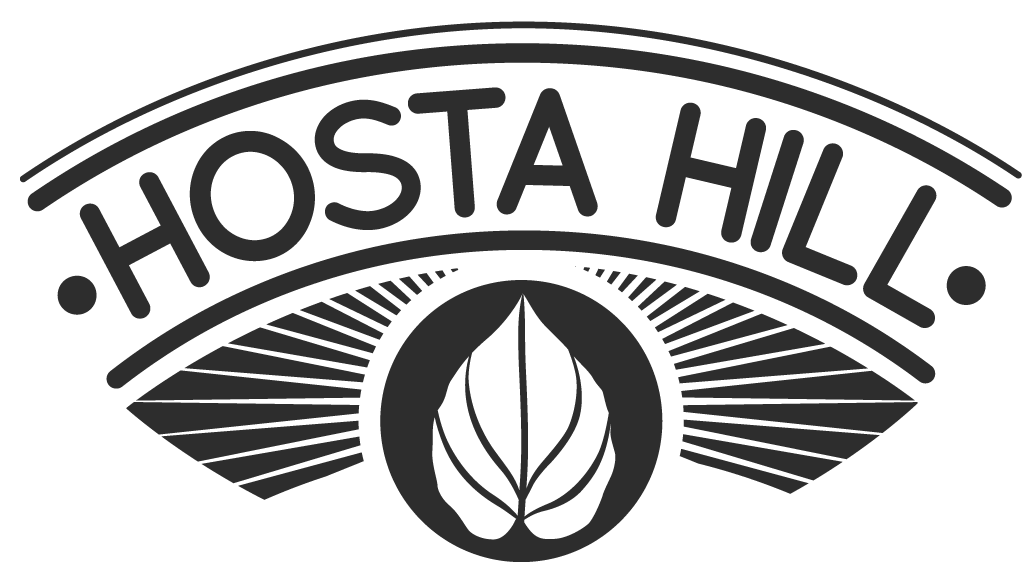From Seed to Sauerkraut: Celebrating (and Fighting for) the Future of Seed
Kaitlin Cabbage from Johnny’s Selected Seeds - one of our preferred varieties for sauerkraut!
Good sauerkraut starts with good seed. And by good seed, we mean seed bred for organic agriculture, by an independently owned business, and without the ownership constraints of patents or legal enclosure.
In our time as farmers, we became conscious of seed as the foundation of a local, resilient food system. And as we move into the quiet months of winter, seed companies throughout the country are preparing for the 2020 agricultural season by packaging, processing, and distributing millions of organic, non-GMO seeds. We wanted to take a few moments to highlight this important work and also communicate some actions that fans of Hosta Hill can take to support the industry of independent and organic seed producers.
As shared in this post from the National Sustainable Agriculture Coalition, seeds are the ground floor in the movement for local, organic, just food systems: ”The continued growth of sustainable and organic agriculture and local, healthy food systems across the country – along with farmers’ ability to meet the challenges of climate change and food security – depends on this critical first building block.”
The report featured in the above blog post explains how dynamics like the consolidation of corporate power and the patenting of seed threaten the resilience and biodiversity of our food supply:
”Fewer Seeds Means Less Biodiversity And Resiliency – As fewer crop varieties are developed and offered by commercial seed companies, farmers have been left with fewer seed choices. Fewer seed varieties in the public marketplace translates into less biodiversity on our nation’s farms. This makes our entire food production system more vulnerable to disease, pests and climate change – and means farmers struggle to access the best-adapted seeds for different regions.”
One important and often invisible characteristic of local, organic farms is that they source seed from independent companies that are more likely to breed for biodiversity, resilience, and human health.
When we were actively farming, we relied on small businesses (i.e. not corporations) like Johnny's Selected Seeds to provide for our seed needs. Today, the local farmers we work with use companies like Johnny's, High Mowing Organic Seeds, and Fedco Seeds; these companies play a critical role in the food system by stewarding organic, non-GMO seeds for the farmers who grow them. They also produce seed for sauerkraut specific varieties of cabbage, like Kaitlyn (pictured above).
After experimenting with many different types of cabbage for sauerkraut, we know that the variety of vegetable and the quality of its seed play a key role in producing delicious, nutritious, organic sauerkraut and Kimchi.
So, if you care about the future food, care about future of seed!
What can you do to help?
Educate yourself! Check out the Organic Seed Alliance for more information on seeds and seed sovereignty.
Learn about the global politics of seed and why it’s more complex than simply avoiding GMOs in your food.
If you are a gardener, purchase seeds locally through a business like Turtle Tree Seed Company and Hudson Valley Seed Company
Practice seed saving: SeedSaversExchange.org
Share this post with a friend!
We leave you with the infographic below:
We found this infographic online at The Grow Network



